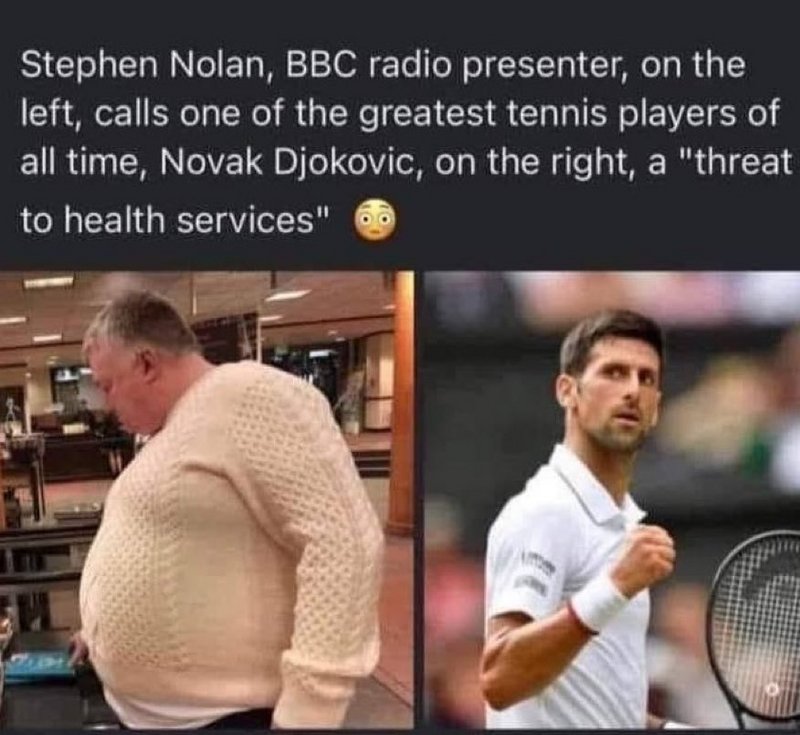I want to address this one point.
jusplay4fun wrote:MYTH: The natural immunity I get from being sick with COVID-19 is better than the immunity I get from COVID-19 vaccination.
FACT: Getting a COVID-19 vaccination is a safer and more dependable way to build immunity to COVID-19 than getting sick with COVID-19.
Everything CDC says on this point is accurate and supportable by studies, but it leaves some things out. Let's parse each piece of this answer.
COVID-19 vaccination causes a more predictable immune response than infection with the virus that causes COVID-19. Getting a COVID-19 vaccine gives most people a high level of protection against COVID-19 and can provide added protection for people who already had COVID-19.
This was certainly true with the original virus and only slightly less so with Delta. Omicron is another story, and the level of protection from the vaccine is an open question right now. But if we stick with the original version and with Delta (which is what most of the available studies covered), this is a true statement. All of the studies have shown that vaccines offer superior protection to the virus, at least for the first 3 months after vaccination.
One study showed that, for people who already had COVID-19, those who do not get vaccinated after their recovery are more than 2 times as likely to get COVID-19 again than those who get fully vaccinated after their recovery.
This is probably my biggest complaint with this CDC article. The original question was the efficacy of natural immunity alone vs. the vaccine alone. Here they jump to natural immunity alone vs. natural immunity plus vaccine. The Israeli study agreed with this finding: recovery from the virus plus one dose of the vaccine provided the best overall immunity. However, natural immunity with no vaccine was at least 6 times more effective than the vaccine alone.
All COVID-19 vaccines currently available in the United States are effective at preventing COVID-19.
Again, granted at the time this was written.
Getting sick with COVID-19 can offer some protection from future illness, sometimes called “natural immunity,” but the level of protection people get from having COVID-19 may vary depending on how mild or severe their illness was, the time since their infection, and their age.
Another set of weasel words from this article. Earlier they noted what studies showed. Here they resort to "may vary" without any studies to back it up. In fact, the level of protection from the vaccine has been shown to vary depending on the time since vaccination and the presence of other risk factors.
Getting a COVID-19 vaccination is also a safer way to build protection than getting sick with COVID-19. COVID-19 vaccination helps protect you by creating an antibody response without you having to experience sickness.
In general, this is an accurate statement, especially if we're talking about older people and those with other risk factors. However, for young otherwise healthy people, the side effects of the vaccines can actually be comparable to covid symptoms. I can support this statement using data from CDC's website (more to come on this later - I need to finish parsing the data in a way I can fully explain and properly source).
Getting vaccinated yourself may also protect people around you, particularly people at increased risk for severe illness from COVID-19.
There's that word "may" again. And we know that vaccinated people can and do regularly spread covid. In fact, because there are guidelines requiring testing and masking for unvaccinated people that the vaccinated do not have to follow, the unvaccinated are actually responsible for much less of the spread than the vaccinated. That said, if you're around someone that is at high risk, it would be quite prudent to mask up whether you're vaccinated or not. And if you're going to be visiting with someone that is high risk, a covid test is advisable, whether you are vaccinated or not.
Getting sick with COVID-19 can cause severe illness or death, and we can’t reliably predict who will have mild or severe illness.
Quite true. We can't perfectly predict such things. There are young and very healthy people that get serious cases of covid and die from it. However, if you're under the age of 40, are in good health with no known other risk factors, your risk of dying from covid is significantly less than your risk of dying from the flu.
If you get sick, you can spread COVID-19 to others. You can also continue to have long-term health issues after COVID-19 infection.
Also quite true. If you are sick, stay away from people. It could be covid. It could be the flu. Or it might just be a cold. Whatever it is, we don't want it.
and while they take other drugs, illegal and some unproven, too.


































































































